Artificial Intelligence and Personalized Treatment
Artificial intelligence (AI) is revolutionizing depression management by enabling personalized treatment plans. AI algorithms analyze vast amounts of patient data to identify patterns and predict which therapies will be most effective for individual patients. This personalized approach ensures that patients receive the most appropriate treatment, reducing trial-and-error and enhancing the chances of successful outcomes. AI can also help in monitoring patient progress and adjusting treatments in real-time, providing a dynamic and responsive care model.
Virtual Reality Therapy
Virtual reality (VR) therapy is an emerging tool in the management of depression. By immersing patients in virtual environments, VR therapy can provide exposure therapy, relaxation exercises, and cognitive behavioral therapy in a controlled and safe setting. This innovative approach allows patients to confront and manage their symptoms in a new and engaging way. Studies have shown that VR therapy can reduce symptoms of depression and anxiety, making it a promising addition to traditional treatment methods.
Digital Mental Health Platforms
Digital mental health platforms are making mental health care more accessible and convenient. These platforms offer online therapy sessions, mood tracking, and digital cognitive behavioral therapy (CBT) programs. Patients can access these services from the comfort of their homes, reducing barriers to care such as transportation and scheduling conflicts. The convenience and flexibility of digital platforms make it easier for individuals to seek help and stay engaged with their treatment plans.
Genetic Testing and Pharmacogenomics
Genetic testing and pharmacogenomics are at the forefront of developing tailored treatments for depression. By analyzing a patient’s genetic makeup, healthcare providers can predict how they will respond to different medications. This information helps in selecting the most effective antidepressants with the fewest side effects, reducing the trial-and-error period often associated with finding the right medication. Genetic insights are paving the way for more targeted and effective pharmacological interventions.
Wearable Technology
Wearable technology, such as smartwatches and fitness trackers, is being integrated into depression management strategies. These devices can monitor physical activity, sleep patterns, and physiological markers such as heart rate variability, providing valuable data on a patient’s mental health. Healthcare providers can use this information to gain insights into a patient’s condition and adjust treatment plans accordingly. Wearable technology promotes continuous monitoring and supports proactive management of depression.
The future of depression management is being shaped by innovative technologies and personalized approaches. AI, VR therapy, digital platforms, genetic testing, and wearable technology are all contributing to more effective, accessible, and individualized care for those struggling with depression. As these advancements continue to evolve, they hold the promise of transforming mental health care and improving the lives of millions worldwide.



